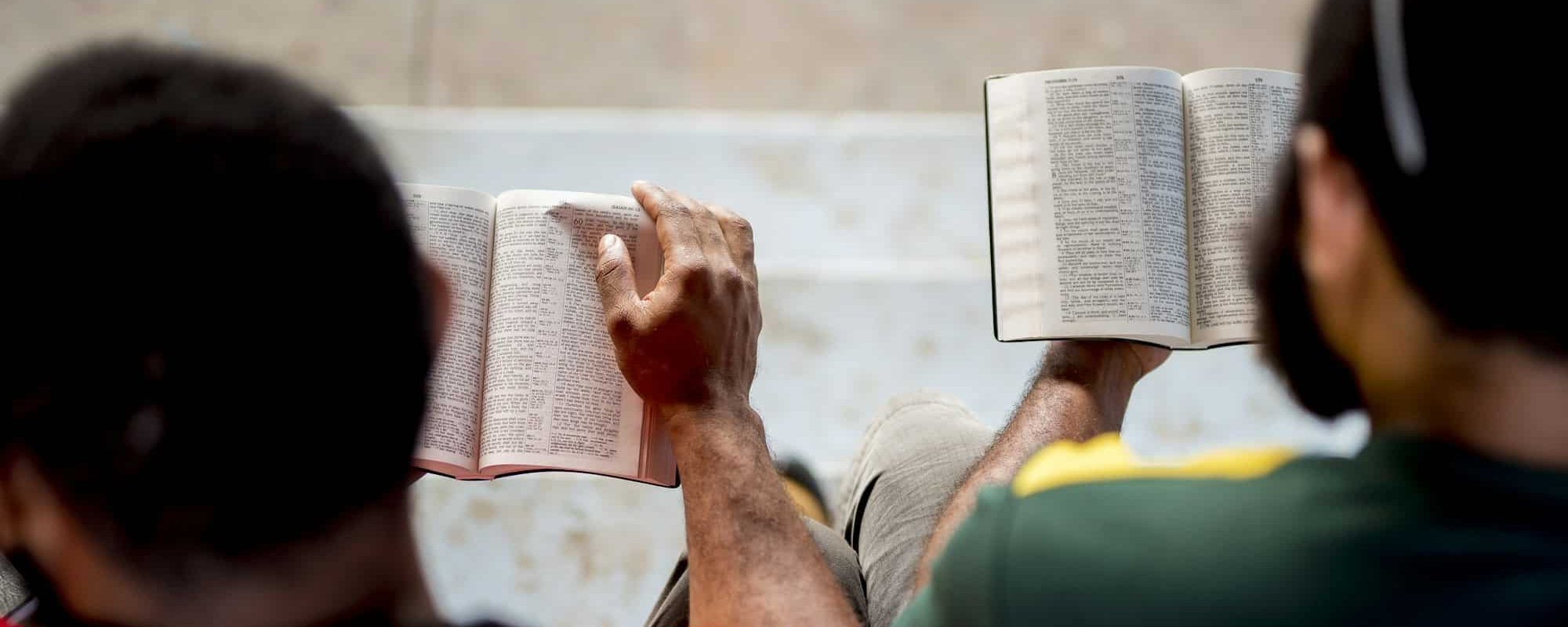In the journey through grief and suffering, it often feels as if the pain will never end, as if the wounds inflicted by loss, betrayal, or disappointment cut too deep to ever fully heal. It’s in these moments of despair that the concept of God’s grace becomes not just a theological tenet but a tangible lifeline. The Apostle Paul’s experience, as recounted in II Corinthians 12:7-10, offers profound insight into how God’s grace does not necessarily remove our wounds but provides us with the power to endure them.
Understanding Paul’s Thorn and God’s Response
Paul speaks of a “thorn in the flesh” given to him, a messenger of Satan to buffet him, meant to keep him from becoming overly exalted. Despite pleading with the Lord three times for its removal, God’s response was not the removal of the thorn but the assurance of His grace. “My grace is sufficient for thee: for my strength is made perfect in weakness.” This divine response shifts the focus from the removal of suffering to the empowerment within it.
The Nature of God’s Sufficient Grace
God’s grace, as described in this passage, is not a mere consolation but a transformative power. It does not always change the circumstances that cause us pain but changes us within those circumstances. This grace is sufficient – it is enough, it meets us at our point of need, and it equips us to face whatever comes our way. It is a reminder that our strength does not come from our ability to overcome our weaknesses but from God’s power made perfect in those very weaknesses.
1. Grace to Endure
The first aspect of God’s sufficient grace is the strength to endure. Endurance is not about bearing pain in silence but about moving forward even when every step hurts. It’s about living through grief, not just living with it. This grace assures us that even in our deepest wounds, we are not consumed.
2. Grace to Grow
God’s grace also enables growth. In the soil of suffering, character, perseverance, and hope can flourish (Romans 5:3-5). Paul’s thorn, rather than hindering his ministry, actually enhanced it by keeping him reliant on God’s power rather than his own. Similarly, our wounds can become places where we grow closer to God, learning to depend more fully on Him.
3. Grace to Witness
Finally, God’s grace in our wounds allows us to witness to His power. In our weakness, God’s strength is highlighted. Our lives tell the story that God’s grace is not just a theory but a lived reality. We become beacons of hope to others who are wounded, showing that it is possible to not just survive but to thrive through divine strength.
Practical Applications of Sufficient Grace in Grief
Embrace Your Dependence on God
The first step in experiencing God’s sufficient grace is to embrace our dependence on Him. Acknowledge your weaknesses and your inability to heal your own wounds. In doing so, you make room for God’s strength to manifest in your life.
Seek His Presence Continually
God’s grace is encountered in His presence. Through prayer, Scripture reading, and worship, draw near to God. Let His words in II Corinthians 12:7-10 be a personal assurance to you that His grace is enough for whatever you face.
Share Your Journey
Your journey through grief, undergirded by God’s grace, is not just for you. Share your experiences with others. Your testimony of God’s sufficiency in your weakness can offer hope and encouragement to those who are struggling to see God’s hand in their pain.
Cultivate a Heart of Gratitude
Even in grief, there is space for gratitude. This is not about denying your pain but about recognizing God’s goodness even in the midst of it. Gratitude shifts your focus from what you have lost to the grace you have received.
God’s grace may not remove all our wounds, but it equips us to endure them with strength, grow through them with purpose, and witness through them with hope. Paul’s thorn in the flesh, rather than a mere source of suffering, became a testament to God’s sufficient grace. As we navigate our own wounds, may we find in God’s grace not just the endurance to face our trials but the assurance that in our weakness, we are made strong through Him.





